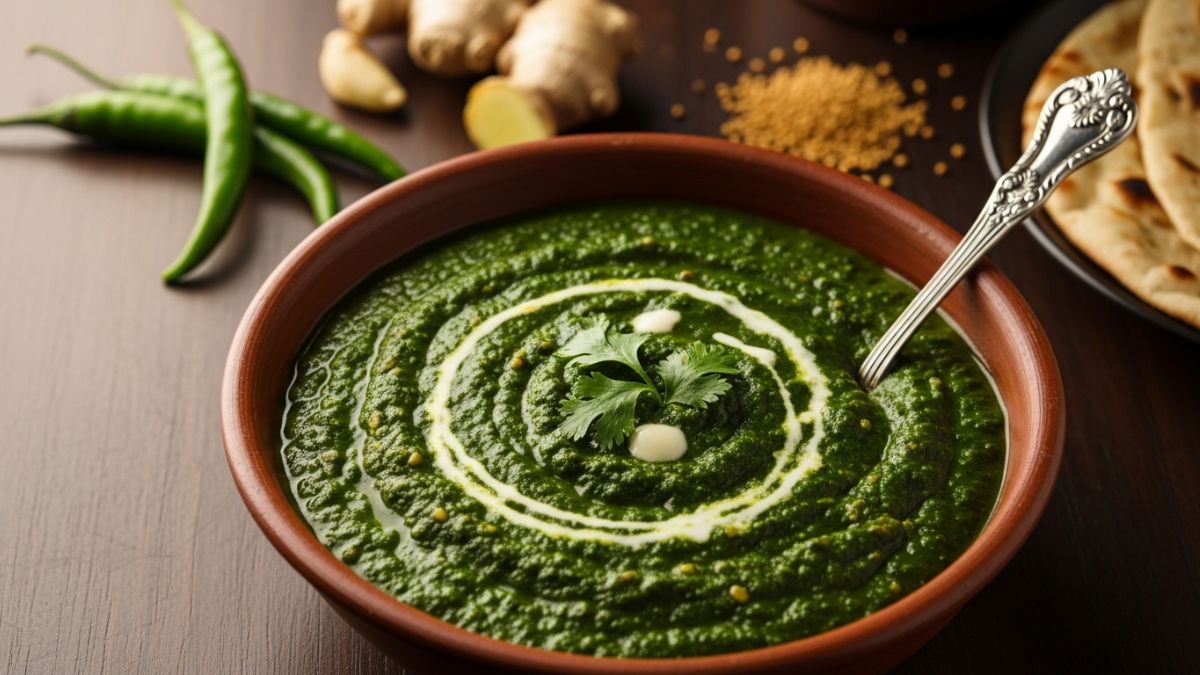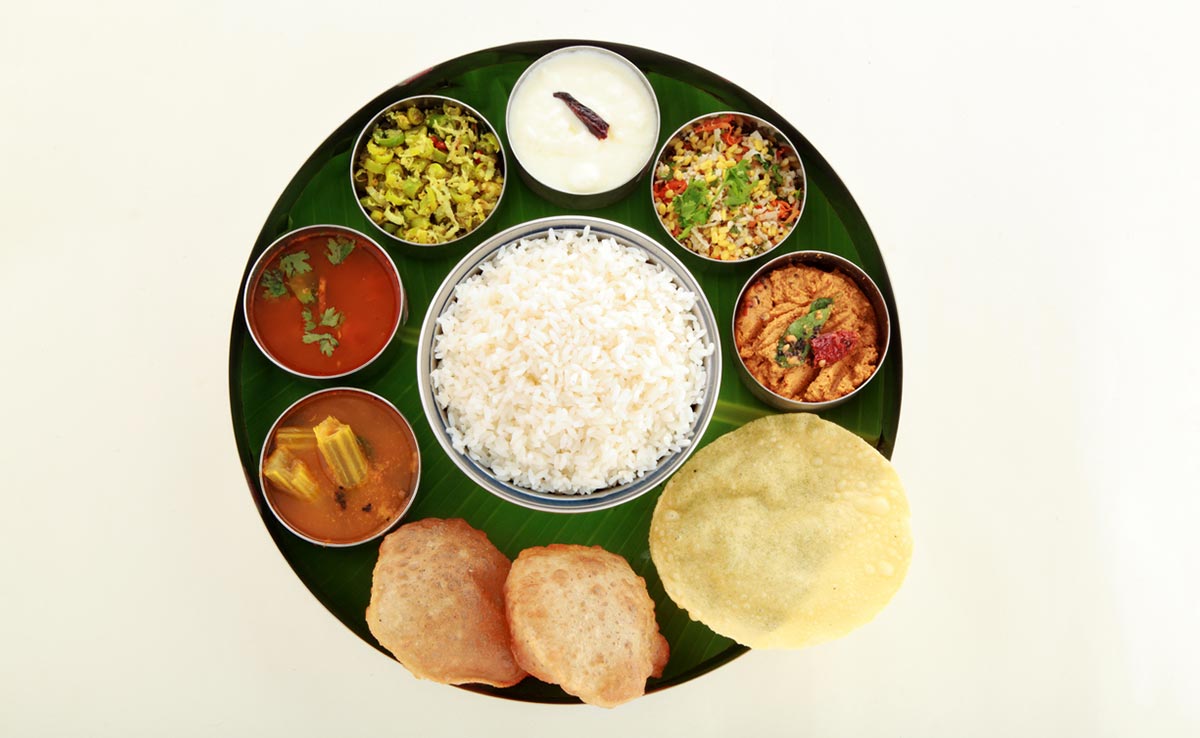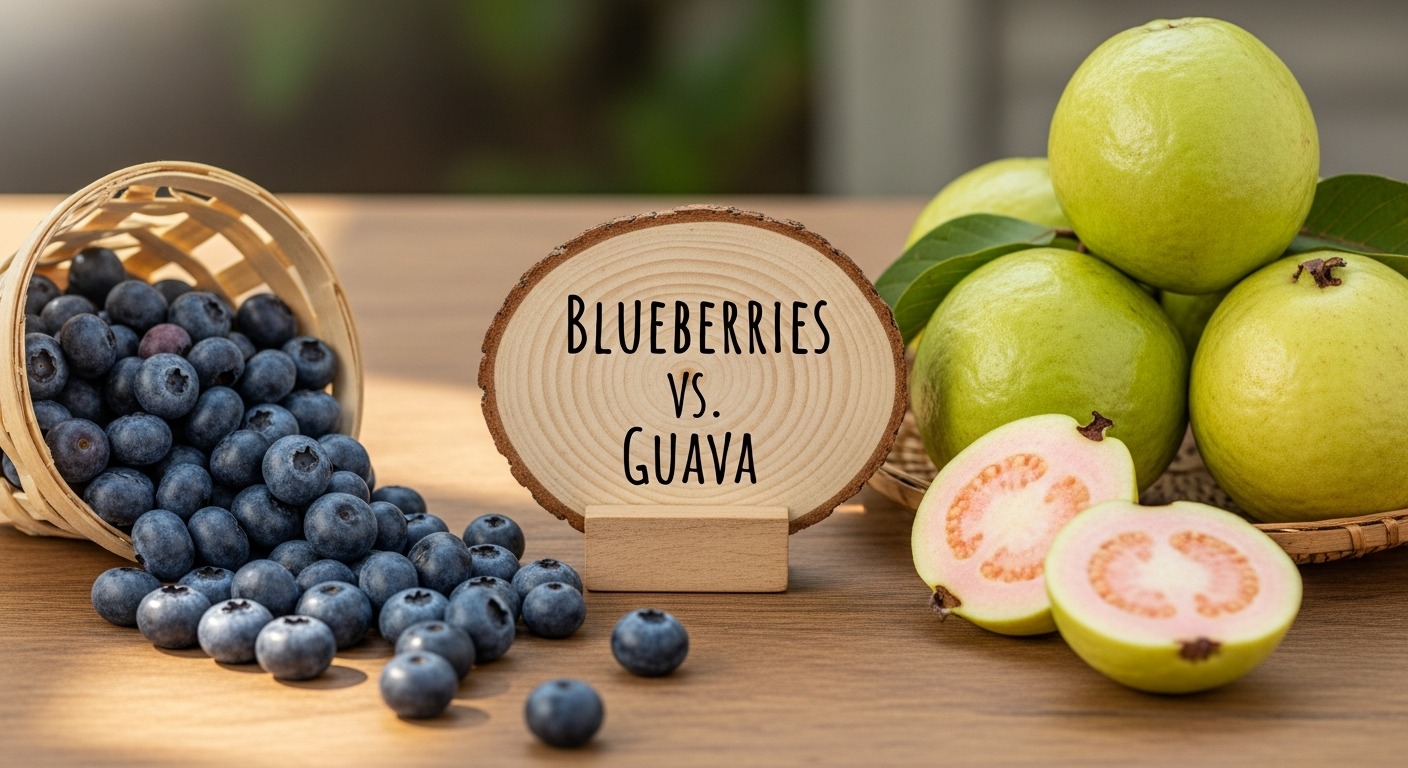Proper hydration is crucial for everyone, but it becomes even more important during pregnancy. Water plays a vital role in maintaining the health and well-being of both the mother and the developing baby. From supporting increased blood volume to aiding in digestion and nutrient absorption, staying adequately hydrated is key to a healthy pregnancy. Here's a comprehensive guide on the importance of hydration and tips for pregnant women to ensure they're getting enough fluids.
Also Read: Hydration Simplified: How Much Water To Drink and When For A Healthier You

Why Hydration Matters During Pregnancy
Supports Increased Blood Volume: During pregnancy, a woman's blood volume increases by about 50%. Water is essential for producing this additional blood, which helps supply oxygen and nutrients to the baby.
Aids in Digestion and Nutrient Absorption: Proper hydration helps maintain a healthy digestive system, preventing common pregnancy issues like constipation and hemorrhoids. It also aids in the absorption of essential nutrients from food.
Prevents Dehydration: Dehydration can lead to serious complications such as urinary tract infections, premature labor, and low amniotic fluid levels. Ensuring adequate fluid intake helps prevent these risks.
Regulates Body Temperature: Pregnant women may feel warmer than usual due to hormonal changes. Staying hydrated helps regulate body temperature and prevents overheating.
Reduces Swelling: While some swelling is normal during pregnancy, proper hydration can help minimize excessive swelling (edema) in the hands, feet, and ankles.
The general recommendation is for pregnant women to drink at least 8-12 cups (64-96 ounces) of water per day. However, individual needs may vary based on factors such as activity level, climate, and overall health. Thirst is a good indicator that your body needs more fluids. Drink water whenever you feel thirsty and pay attention to signs of dehydration, such as dark yellow urine, dry mouth, or dizziness.
Also Read: 8 Hydration Hacks For Busy People: Drink Smarter, Feel Better
Tips for Staying Hydrated
Carry a Water Bottle: Keep a reusable water bottle with you at all times. This makes it easy to sip water throughout the day, whether you're at work, running errands, or relaxing at home.
Infuse Your Water: If plain water feels monotonous, add a splash of flavor by infusing it with fresh fruits, herbs, or a slice of lemon or cucumber. This can make drinking water more enjoyable.
Set Reminders: Use phone alarms or apps to remind you to drink water regularly. This can be particularly helpful if you're busy and tend to forget to hydrate.
Eat Hydrating Foods: Include foods with high water content in your diet, such as fruits (watermelon, oranges, strawberries) and vegetables (cucumbers, lettuce, celery).
Monitor Fluid Intake: Keep track of your daily water consumption. This can help ensure you're meeting your hydration goals and allow you to make adjustments as needed.
Stay Hydrated During Exercise: If you're exercising during pregnancy, it's crucial to drink extra water to compensate for the fluids lost through sweat.
Not Just Water
Herbal Teas: Non-caffeinated herbal teas can be a soothing and hydrating alternative to water. However, consult your healthcare provider before trying new teas, as some herbs may not be safe during pregnancy.
Milk and Juice: Low-fat milk and 100% fruit juices can contribute to your daily fluid intake. Be mindful of added sugars in juices and opt for freshly squeezed or diluted versions when possible.
Soups and Broths: Including soups and broths in your diet can provide additional fluids, especially if you're struggling to drink enough water.
Signs of Dehydration and When to Seek Help
If your urine is dark yellow or your mouth is dry, drink water. If you feel lightheaded, dizzy, or very fatigued, you may be dehydrated. Decreased urine output is a sure sign of dehydration. However, if you experience severe dehydration symptoms, such as rapid heartbeat, confusion, fainting, or persistent vomiting, seek medical attention immediately.
Staying properly hydrated is a simple yet powerful way to support a healthy pregnancy. By following these guidelines and listening to your body's needs, you can ensure that both you and your baby stay well-hydrated and healthy throughout this special time.
Disclaimer: The opinions expressed within this article are the personal opinions of the author. NDTV is not responsible for the accuracy, completeness, suitability, or validity of any information in this article. All information is provided on an as-is basis. The information, facts or opinions appearing in the article do not reflect the views of NDTV and NDTV does not assume any responsibility or liability for the same.
About Rupali DattaRupali Datta is a Clinical Nutritionist and has worked in leading corporate hospitals. She has created and lead teams of professionals to deliver clinical solutions for patients across all medical specialties including critical care. She is a member of the Indian Dietetic Association and Indian Association of Parenteral and Enteral Nutrition.









